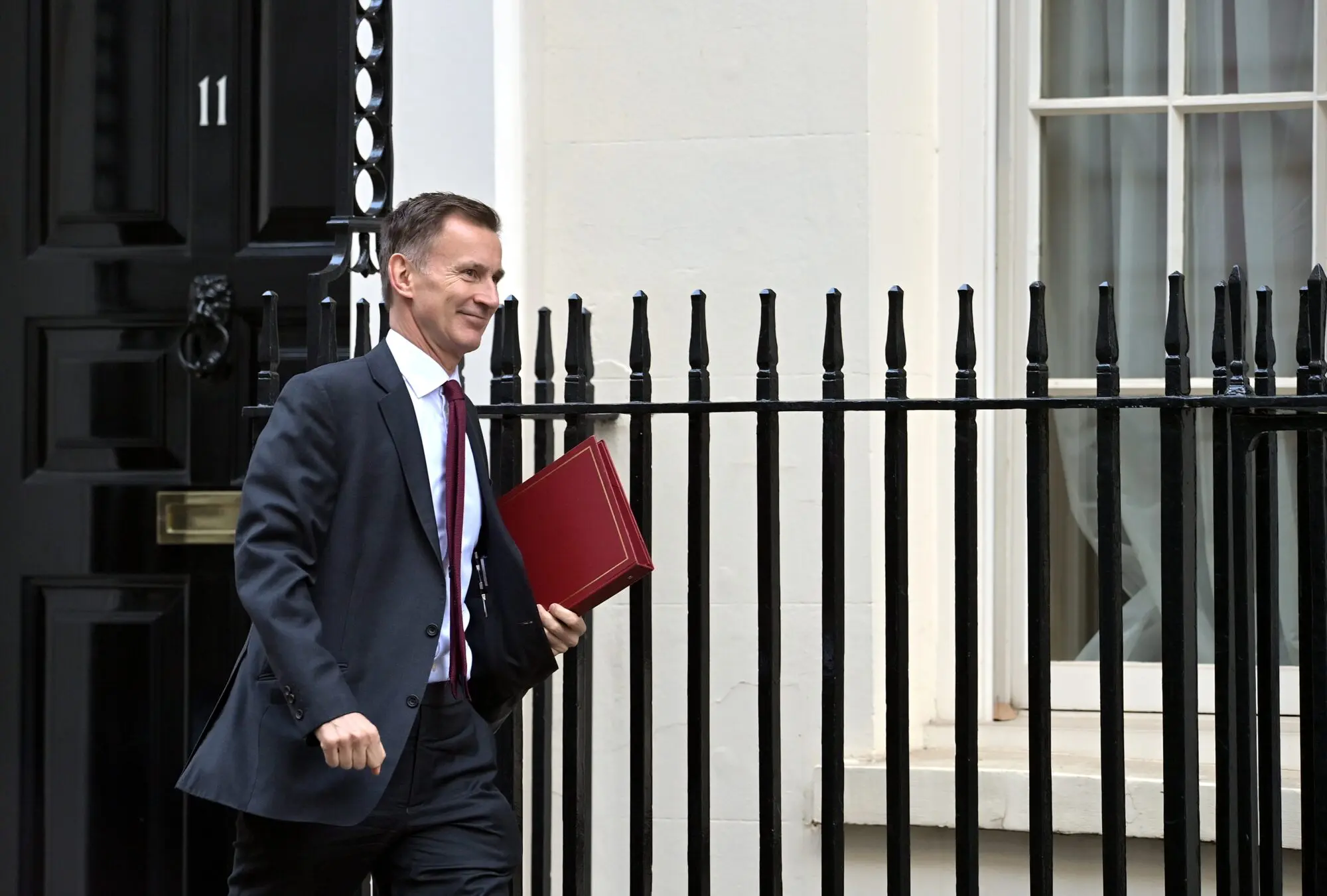
Jeremy Hunt, Chancellor of the Exchequer, leaving for a cabinet meeting in Downing Street, London.
Photo: Sean Aidan Calderbank / Shutterstock.com
Chancellor Jeremy Hunt’s biggest tax cut for businesses in 50 years has today produced what must be the first government-friendly newspaper splash since the disastrous reshuffle. But immigration figures yet to be officially released are bound to leave a more lasting impression on most voters—and they are not good.
Home Office forecasts reported by the Mail suggest that the official net migration estimate for 2023 will top a record 700,000. This is a timely reminder that despite all the talk about illegal crossings, the real numbers lie in legal migration, which the now-returned David Cameron long ago promised to bring down to the tens of thousands.
If the forecasts are true, the new figure will represent a significant rise from last year’s high of 606,000. Gross migration figures have yet to be unveiled but will say more about the past year of change due, as Melanie McDonagh some time ago explained in The Spectator, to the fact that “it is the numbers arriving, not the numbers leaving, that have an effect on community cohesion.”
In recent years, such stories have always seemed to carry more life than autumn economic statements (Liz Truss’s infamous budget aside). Britons are likely also to be sceptical about whether permanently extending “full expensing,” which allows businesses to claim back up to 25p for every pound invested, and cutting income tax and national insurance will make enough of a dent in current cost-of-living woes.
The recently ousted Suella Braverman, whose eyes appear to be set on Tory leadership, is likely to ensure the incoming migration figures leave a great mark on the minds of voters by using them as a rod to beat the prime minister. But it is worth remembering that she was home secretary for most of the period these numbers cover.
Braverman has criticised her former boss for ignoring “her” demand to “reduce overall legal migration” (no specifics mentioned) by tightening visa requirements. An increase in extended work, study, and family visas is reported to be in part behind this latest surge, with the Mail pointing to an additional 105,000 extensions in the first six months of this year compared to the same period in 2022. But figures would be far higher than many voters have made clear they want, even if the former home secretary’s plans had been followed.
The official figure released by the Office for National Statistics on Thursday may differ from the forecasts due to internal calculation changes. As Allison Pearson writes in The Daily Telegraph, the Home Office “may well be briefing a higher figure, so there’s a sliver of relief when the actual number turns out to be only half a million.” But the facts will remain the same.
Commenting on the news, journalist Charlotte Gill joked that “we seem to have elected ‘The Reverse Psychology Party.’ Want immigration to go down a bit? Good news, we’ve decided to make it the highest on record!”
